
The plenary presentations at ICOS Science Conference 2024 reflect themes as varied as satellite remote sensing data of greenhouse gases, enhancing the ocean carbon sink, and services for better climate policy. We spoke with this year’s plenary speakers to get a preview of their talks.
… Read more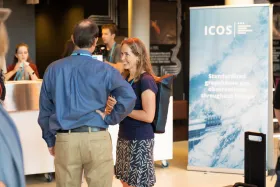
ICOS Science Conference 2024 is almost here, and we look forward to welcoming you, whether online or on-site at the Versailles Palais des Congrés. As the conference draws near, why not take a moment to ensure you’re fully prepared?
Below is a short checklist to help you get ready for the…
Read more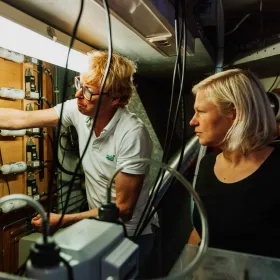
Scientific research has immense value both within and outside the scientific community. It impacts the ways that health, education, transport, housing, and migration policies are planned and implemented around the world. This research can support policymakers in their decisions.
ICOS…
Read more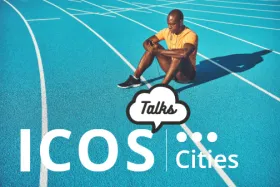
ICOS Cities talks are finally back! We kick off the season with two talks focusing on the Olympic Games from a climate positive angle. Make sure to sign up already to not miss this opportunity - below you can find the links for more info and registration.
WEDNESDAY 4 SEPTEMBER 2024…
Read more
With ICOS Science Conference 2024 drawing closer, ICOS Head Office in Helsinki, Finland, is pleased to welcome Emma de Carvalho and Maikki Roiha to the Science Conference team as summer trainees!
Emma recently graduated from the Contemporary Societies…
Read more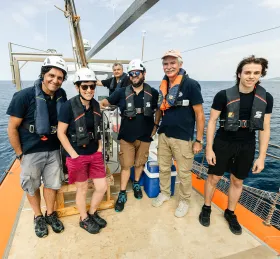
Adjacent to the first Marine Protected Area in Italy, the Miramare station buoy assists in monitoring ecological and oceanographic processes in the northernmost part of the Adriatic Sea. The station data gives an insight into how marine ecosystems in protected coastal areas respond to the…
Read more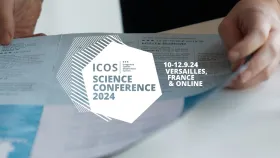
The draft programme and the full list of accepted abstracts for the ICOS Science Conference 2024 have now been published online.
Over 460 oral and poster presentations have been accepted and divided across the three conference days. The full programme is available…
Read more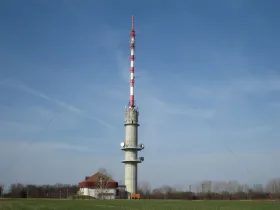
ICOS, Integrated Carbon Observation System, is pleased to announce that after passing a rigorous quality assurance process, four new measurement stations have received the status of an ICOS labelled station. The station labelling was confirmed by the ICOS General Assembly on 14th May 2024. The…
Read more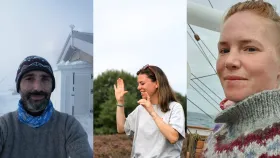
2024 sees some changes in the personnel of the three ICOS Monitoring Station Assemblies (MSAs).
In the Atmosphere MSA, Dagmar Kubistin goes from being co-chair to chair, replacing Paolo Cristofanelli in the role. Arnoud Frumau is the new co-chair.
The new chair and co-chair of…
Read more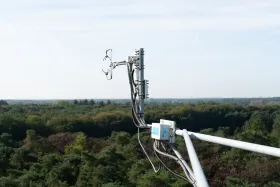
The everyday efforts of the scientists at ICOS stations make a big impact on data quality. Two ICOS stations were awarded in May 2024 as the “ICOS Ecosystem Stations of the year.” The purpose of the award was to recognise the efforts made by the individuals in the community and highlight the…
Read more